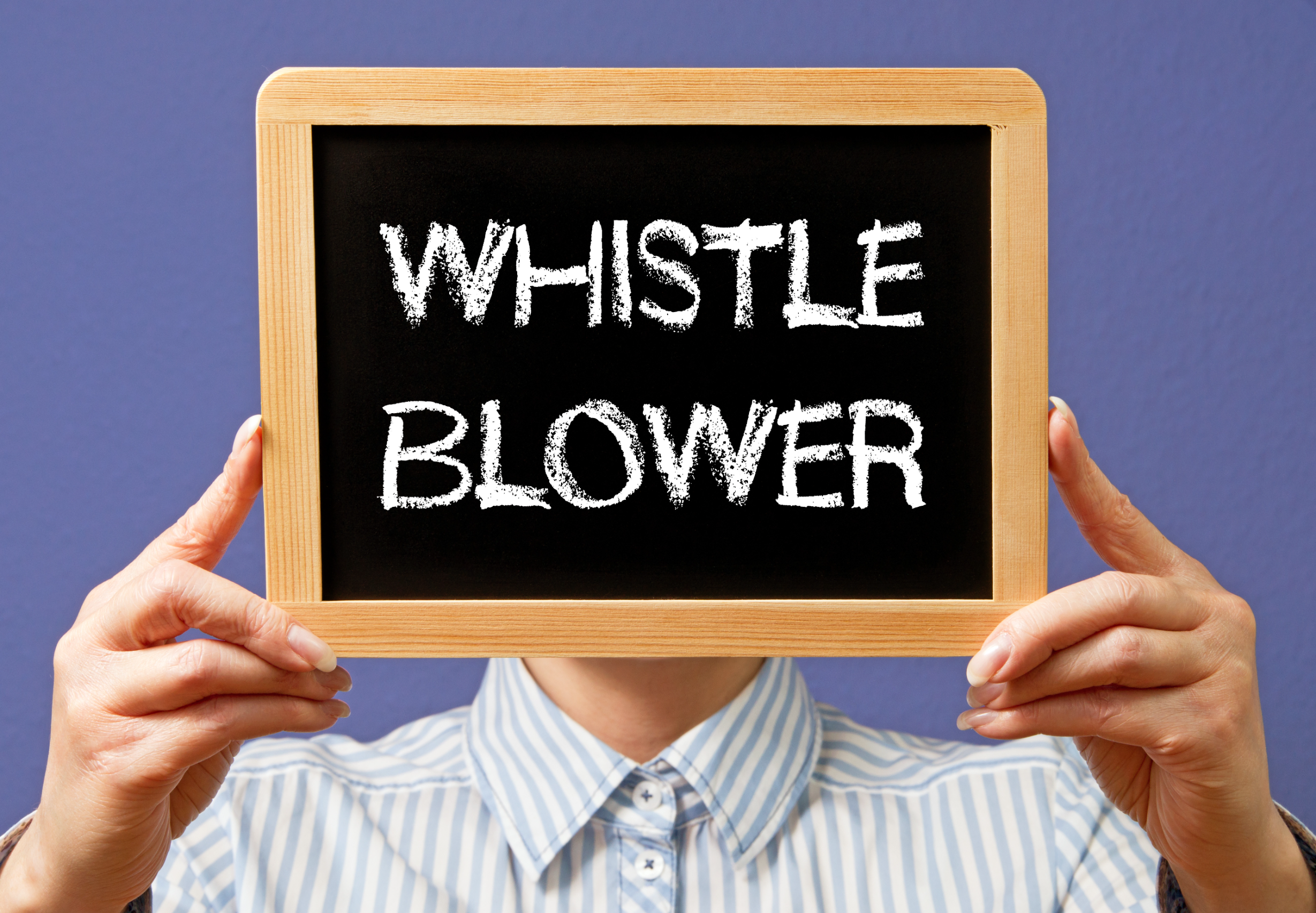Whistleblowing can be key to fostering a positive workplace
- Josephine Tan
- Topics: Compliance, Employee Experience, Home Page - News, Leadership, News

Whistleblowing, long recognised as a means to enhance ethics and integrity within organisations, is increasingly viewed as a tool to build a better corporate culture and foster a positive work environment.
Seven in ten respondents to Deloitte’s inaugural Asia-Pacific Conduct Watch Survey see whistleblowing as a means to improve an organisation’s culture of ethics and integrity, 66% see it as an effective means to detect fraudulent activities and other forms of misconduct, and around 60% consider whistleblowing an effective tool in promoting transparency and fostering a positive work environment.
However, Deloitte’s report revealed a gap between the perceived importance of whistleblowing and the level of responsibility assigned within organisations. While 58% of respondents prioritise whistleblowing, less than half believe that overall responsibility should rest at the board level. Deloitte emphasised the role of boards in promoting integrity, transparency, and accountability, suggesting that they should bear the responsibility for whistleblowing.
To effectively implement whistleblowing programmes, organisations must overcome challenges related to employee mindsets and awareness. Concerns raised by employees include the independence of reporting processes (60%), lack of awareness of whistleblowing programmes (58%) and fear of retaliation for reporting misconduct (42%). To address these challenges, organisations are advised to establish independent whistleblowing processes with clear policies and procedures that foster trust among employees.
READ MORE: New Zealand boosts protection for whistleblowers at workplaces
Organisations also need to employ appropriate metrics to measure the success of their whistleblowing programmes. While almost 40% of respondents highly prioritise whistleblowing, one-third of them do not measure programme effectiveness. Organisations can consider introducing metrics such as awareness of whistleblowing policies, accessibility to reporting channels, stakeholder trust in protection, and timely investigation of disclosures, rather than relying solely on the number of disclosures received.






